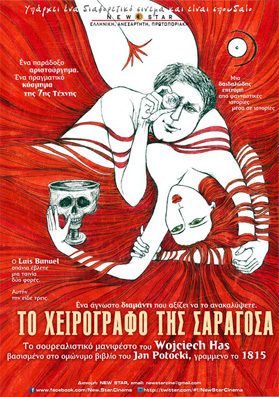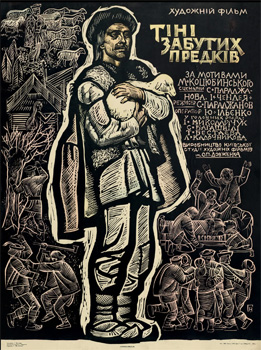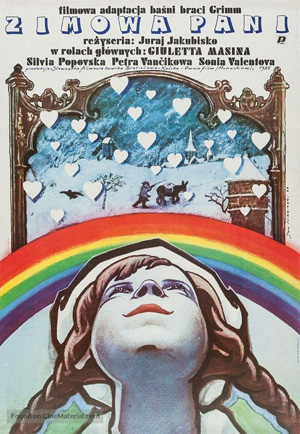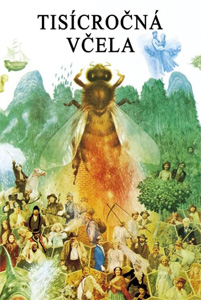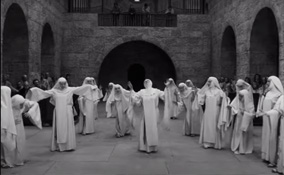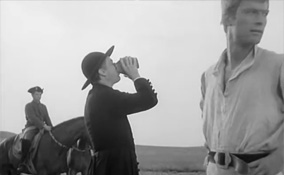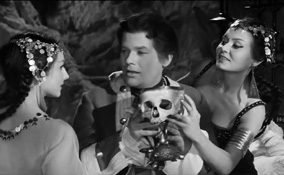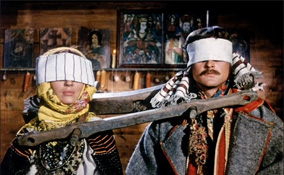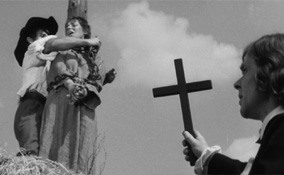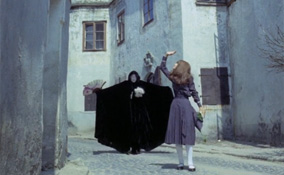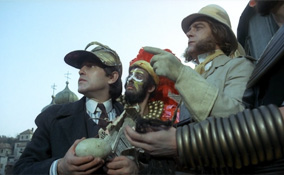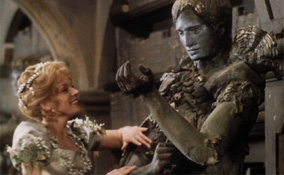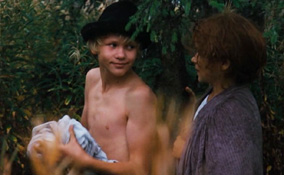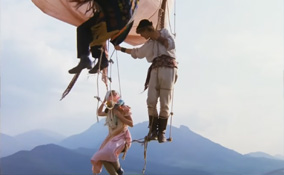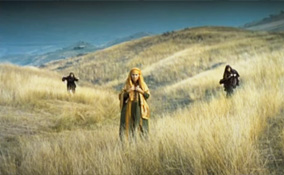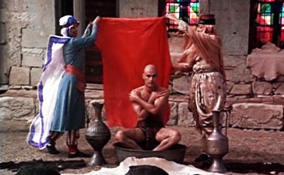<<< II
Notes on period supernatural films from Communist Eastern Europe Abandon all sciences. You are about to enter realm of supernatural, from Middle Ages to Early Modern Period in Eastern Europe.
Fantasy, magical realism and surrealism with superstitions, folklores, demons and God(s) - Western filmmakers had explored dark supernatural films since Fritz Lang's Destiny (1921), Sjöström's The Phantom Carriage (1921), Häxan (1922), Murnau's Nosferatu (1922) and Faust (1926). But it's Ingmar Bergman's The Seventh Seal (1957)**** [watch] that was arguably the most influential Medieval fantasy film ever.
A hyterical nun in 17th century convent believed to be possessed by demons in Mother Joan of the Angels (1961, Jerzy Kawalerowicz, Poland)*** [watch] This slow-burn film brilliantly walks on a fine line between superstitious horror, philosophical film about demons, and psychological tale of depressive nun's life. In 17th century a priest investigates a mysterious case of a miller that may involves witchcraft. The Devil's Trap (1962, Czechoslovakia)*** [watch] is Frantisek Vlácil's first film in trilogy of faith, which all of them are actually not belong in this list. Because early in this film, audience will find out that those "miracles" are in fact sciences. This thought-provoking film portrays science against superstition, and free-spirit against authorities/serfdom.
It all began with discovery of a book during Napoleonic Wars.The Saragossa Manuscript (1965, Wojciech Has, Poland)**** [watch] spans around 100 years in 18th century, back and forth. Story upon story upon story and so on, this clever narrative-game shows power of stories and complexity of human connections. It also blurs the line between the end of reality and beginning of fantasy. Tragic story of forbidden love told in style of folklore in Sergei Parajanov's Shadows of Forgotten Ancestors (1965, Ukraine, Soviet Union)**** [watch]. When a film was filled with excessive cultural artifacts, it is usually to hide emptiness of the story and inability to show essence of the culture. But in Parajanov's film that cultural display is more like details in exquisite medieval paintings. The camera movement and angles also create magical brushstrokes. His films are always dense with ethnic traditions and religions
(Christian Orthodoxy and Paganism)
which are absolutely opposite from Soviet ideologies. This film is one of his most accessible films.
Sexual awakening of 13-year-old girl was portrayed in Valerie and Her Week of Wonders (1970, Jaromil Jires, Czechoslovakia)**. I'm not sure why this film was highly praised since it's just some sexually-exploitative softcore porn in lightweight experimental style with some vampires. It might be because its message about sexual liberation was quite daring at that time.
A man visited his father in remote mental institution where time and space changed all the time. The Hourglass Sanatorium (1973, Wojciech Has, Poland)*** is mindbending feverish dreams mixed with unreliable memories that will go on and on until you're tired, then its twist ending will make you sit still for a while. My problem is that this surrealist film is kind of intellectual game without message. (Someone pointed out that ruins of mental institution were metaphors for Polish authorities, I think that's a bit of stretch.) Inspired by Bruno Schulz's book, this film has many parts involving Jewish traditions that irritated antisemitic authorities. As a result Has was banned from directing for ten years. A beastly ruler longing for love from manipulated citizen in Beauty and the Beast (1978, Juraj Herz, Czechoslovakia)**. Watching it without any information, I was surprised by the look of the Beast, it's more of animal than fairy-tale being, making their relationships feel even more pervert. This gothic horror film is very unique but is inconsistent and abruptly ends. It had potential to be a great film but fell short. In this version I'd considered the girl's father a hypocritical manipulator, he is the other villain of the story.
Surreal history of Slovakia told through three generations of a large family from 19th century to World War I. The Millennial Bee (1983, Juraj Jakubisko, Czechoslovakia)*** has so many characters that it confused me in fast-paced first hour, then their lives were affected by the expansion of Austria-Hungary Empire, Socialist uprising, assassination of the Archduke followed by the war. Supernatural events occurred regularly in this magical realist film, some changed their lives, some predicted their futures and some comforted their souls. Though uneven story, the ending involving resistance to Austria-Hungary Empire is very memorable. A boy adopted by a fairy fell in love with a girl on earth. Juraj Jakubisko's fairy tale Perinbaba (1985, Czechoslovakia)**** [watch] is literally magical. This naively charming film is celebration of mortal life and power of love. The fairy was played by the great Giulietta Masina, Fellini's muse. It's like combination of Fellini and Kusturica. Simply amazing.
Suram Fortress had been built and crumbled all the time, so the Tsar decided to seek help from a fortuneteller in The Legend of Suram Fortress (1985, Georgia, Soviet Union)*** [watch], Sergei Parajanov's first film after being in-and-out of prisons for almost ten years on false charges of rape, homosexuality and bribery. It was a Georgian nationalist film, even though Georgia was still in Soviet Union. The clash of sound and colours are prominently alive in this moving-painting style of Parajanov. There always are somethings I could learn from watching his films repeatedly. A singing beggar has 1001 days to find money for his girl's dowry in Sergei Parajanov's last film, Ashik Kerib (1988,
Azerbaijan, Soviet Union)***. This film and The Legend of Suram Fortress (the better one) have the same theme about main characters in disguise of new identities sliding into new cultures, new religions and sometimes new gender. Though both films glorify stereotypical orientalism of the Middle East, Parajanov managed to make them rich and mesmerizing as expected from a genius.
|
||
++++++++
Read Futher:
P.S. Fantasy versus Magical Realism [source]
Posted: July 2022
<<< II
|
||
 |
||
